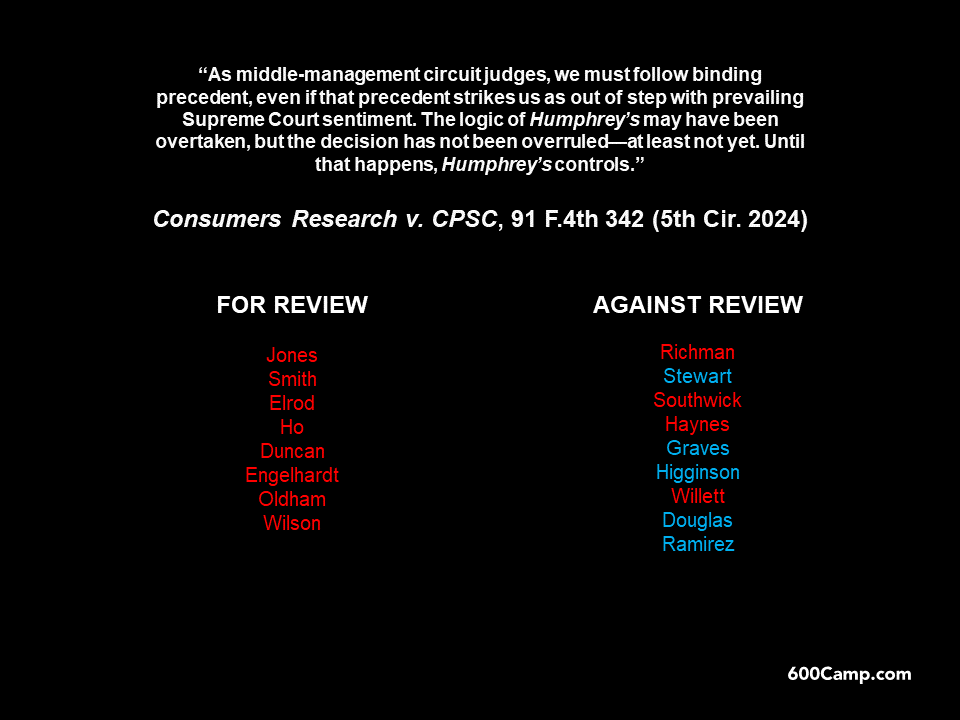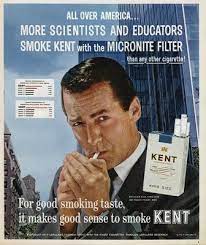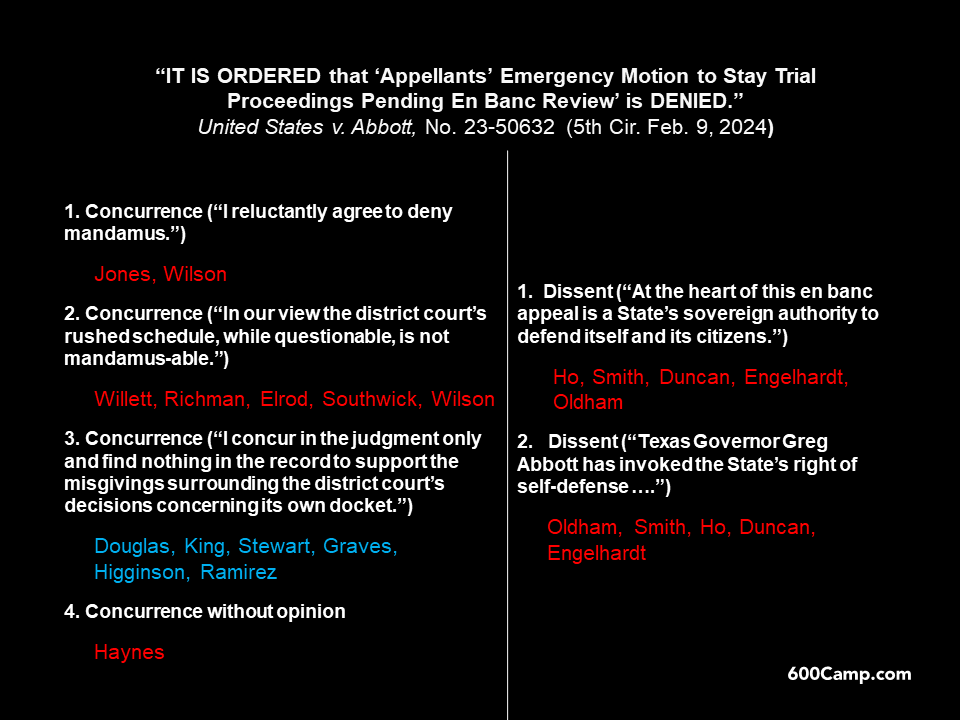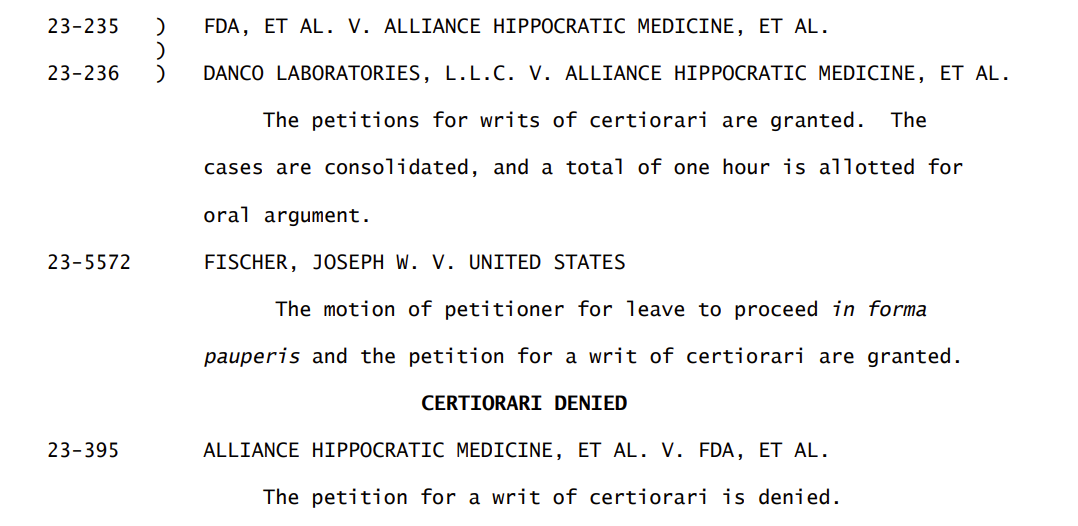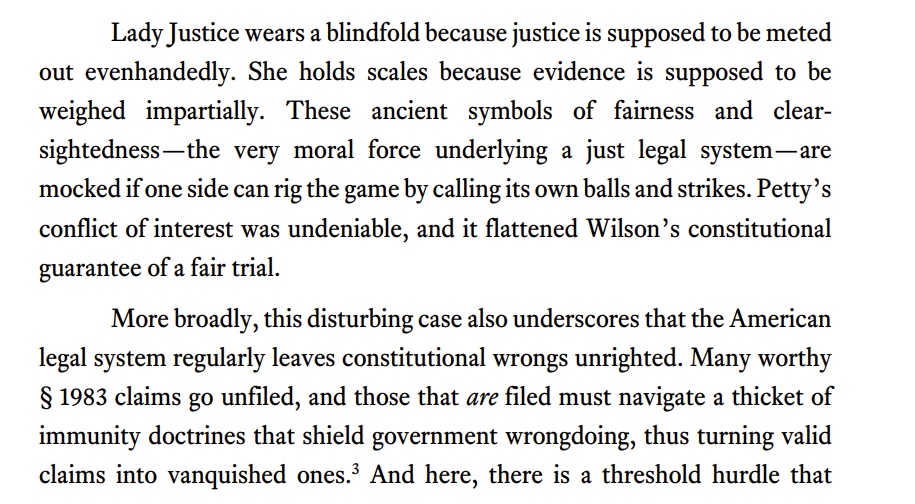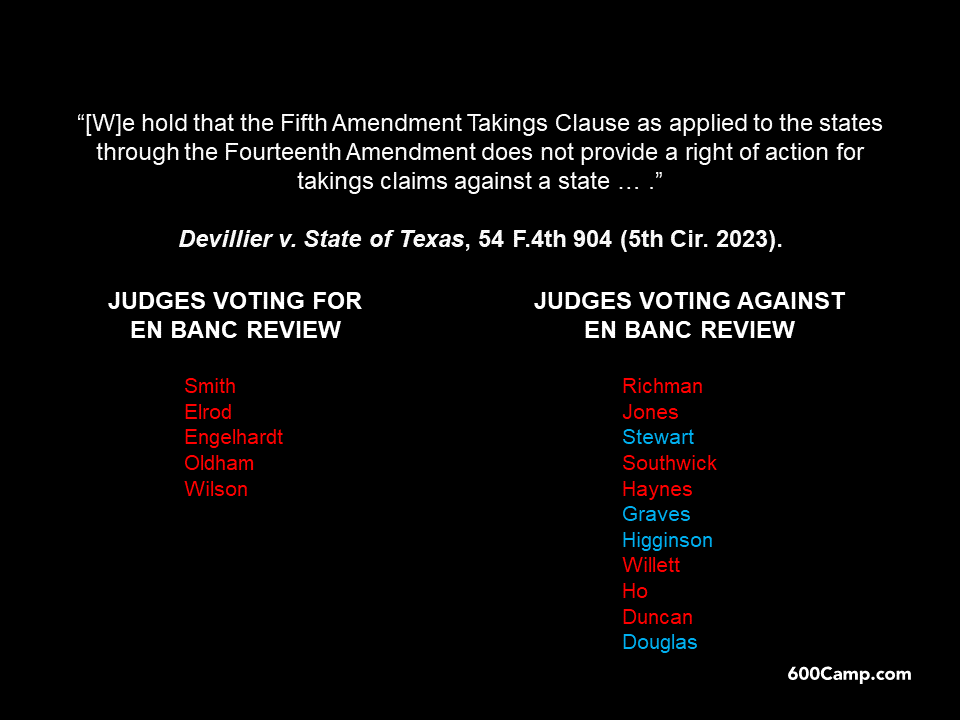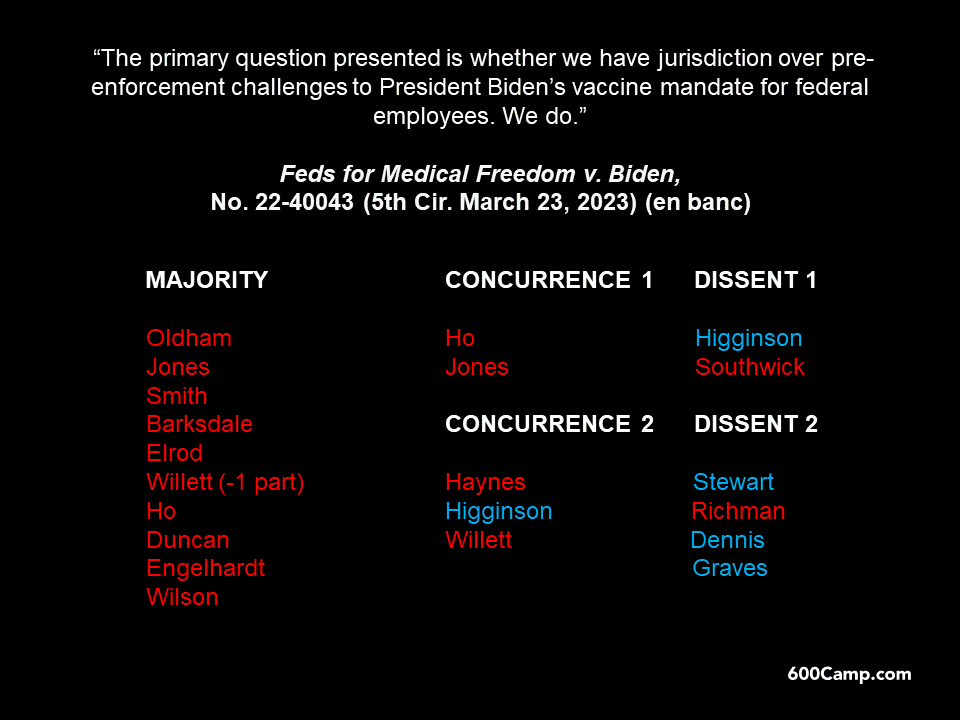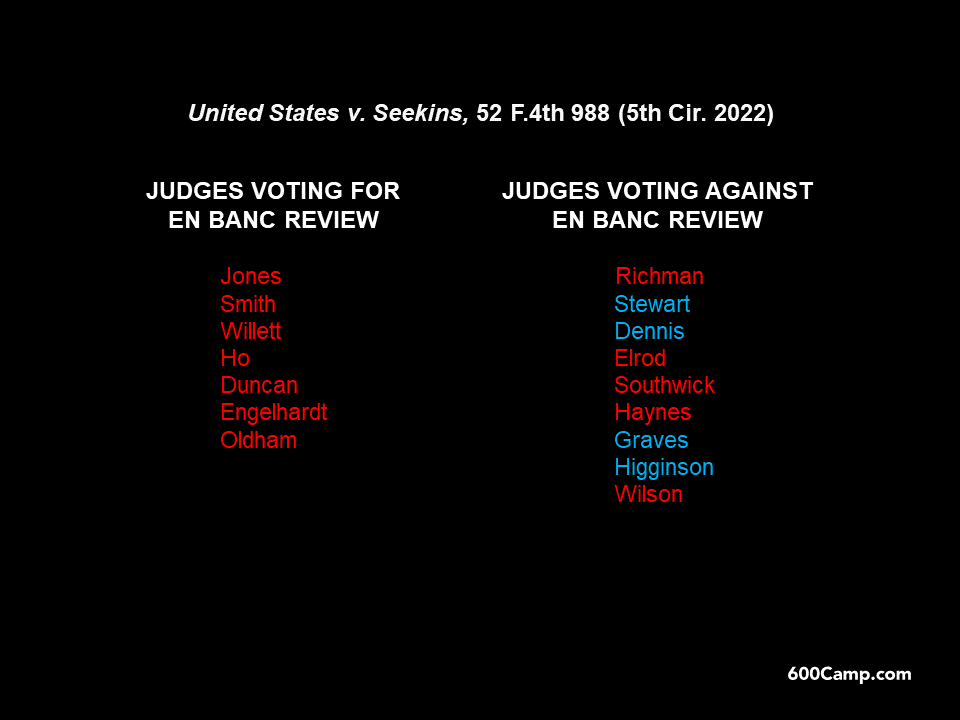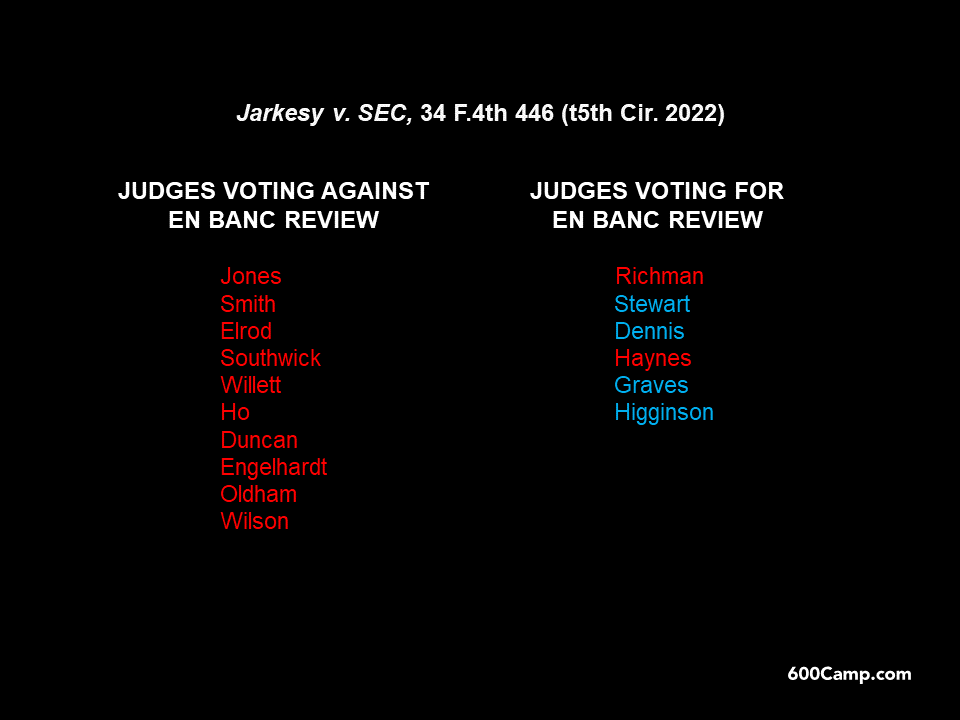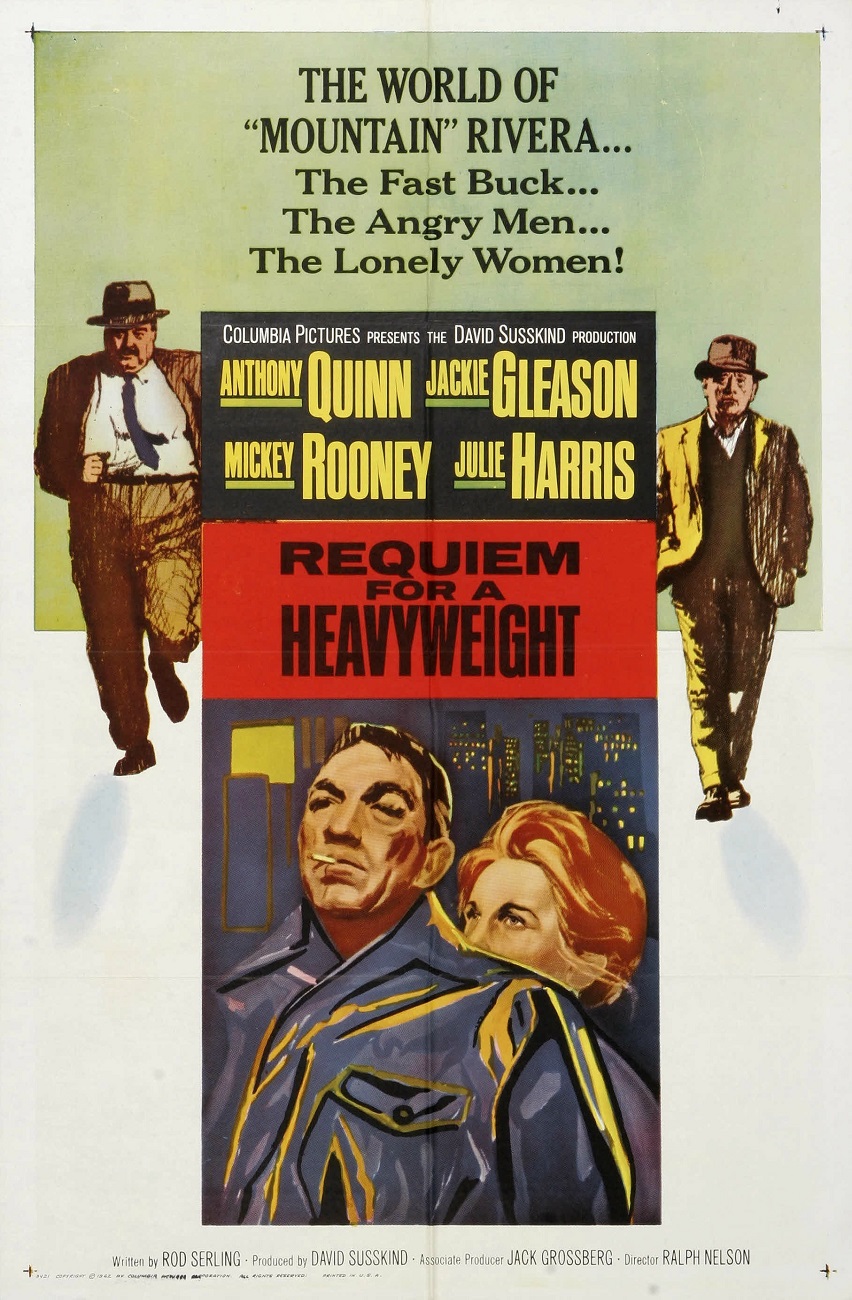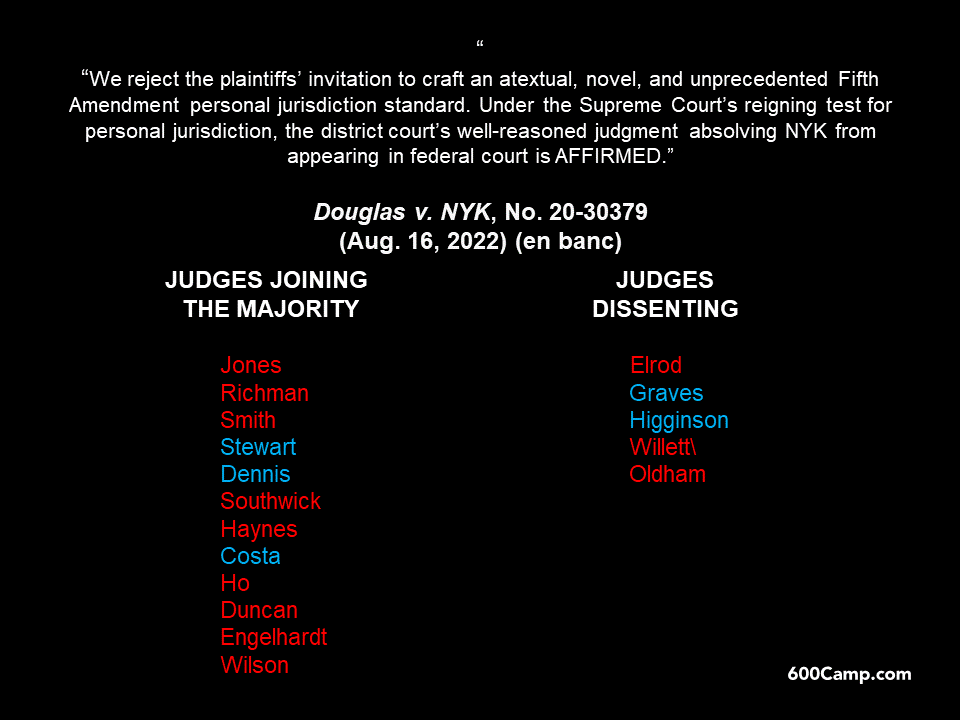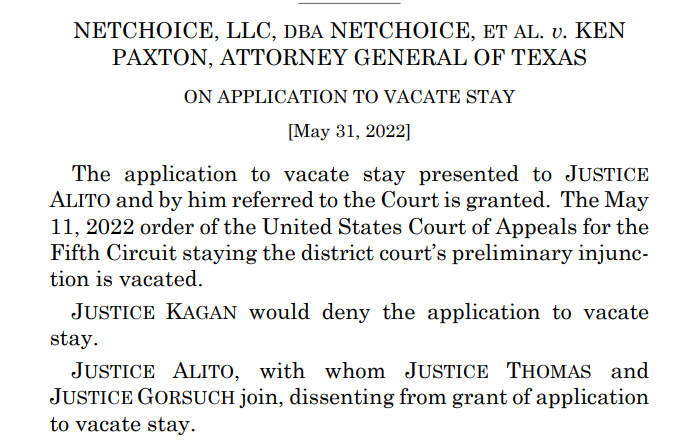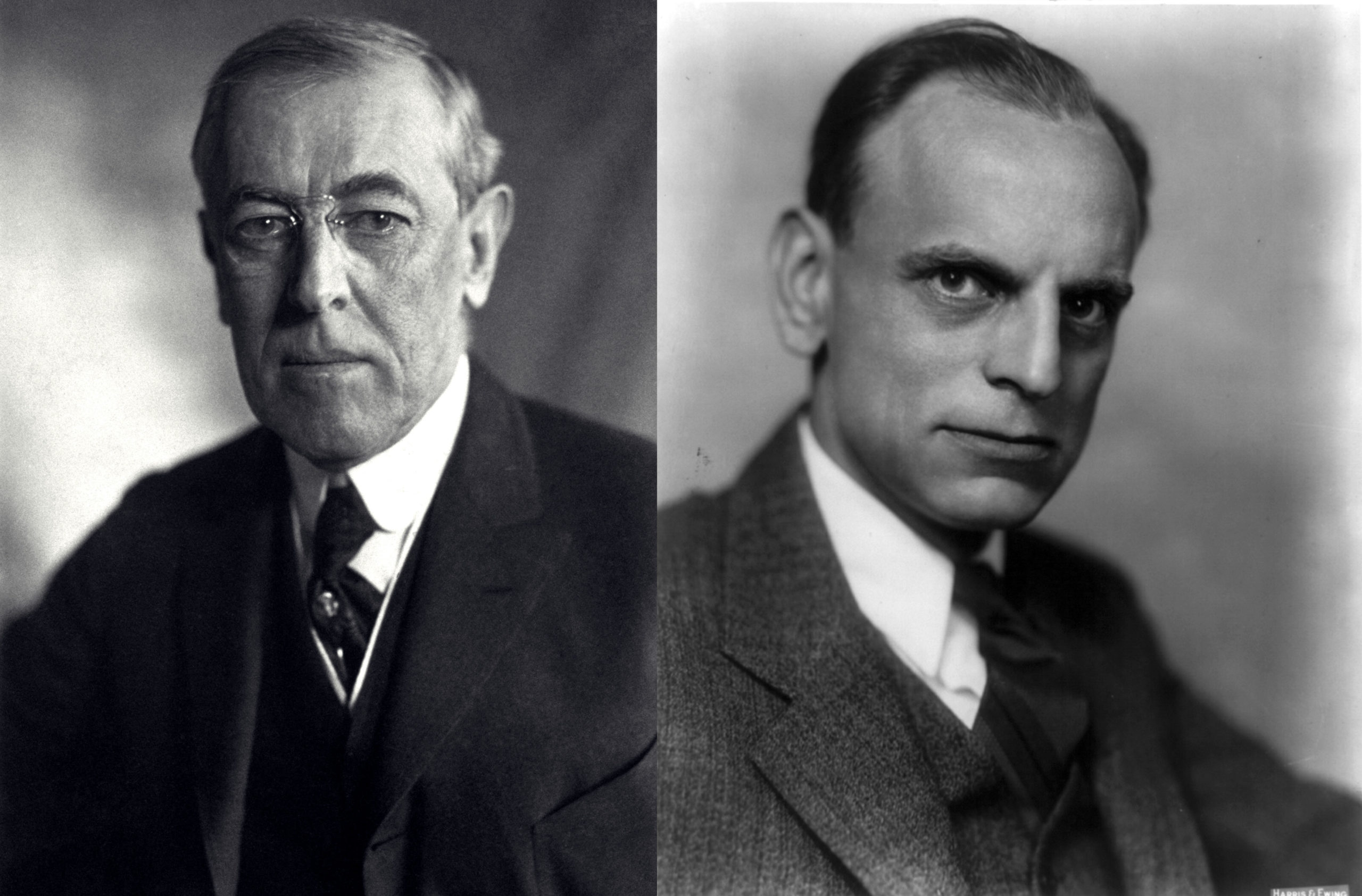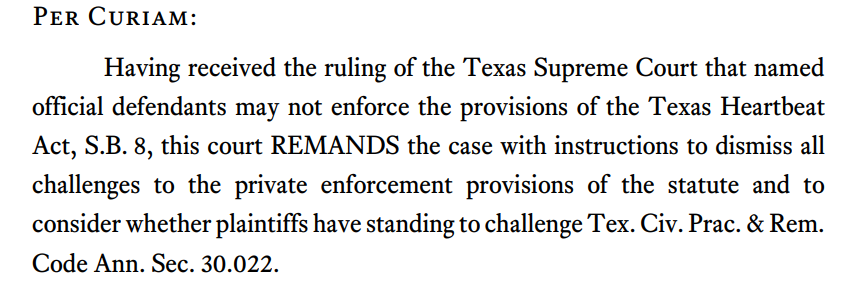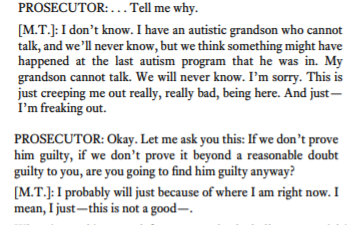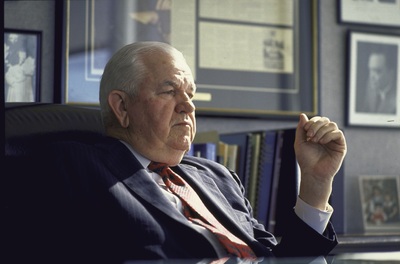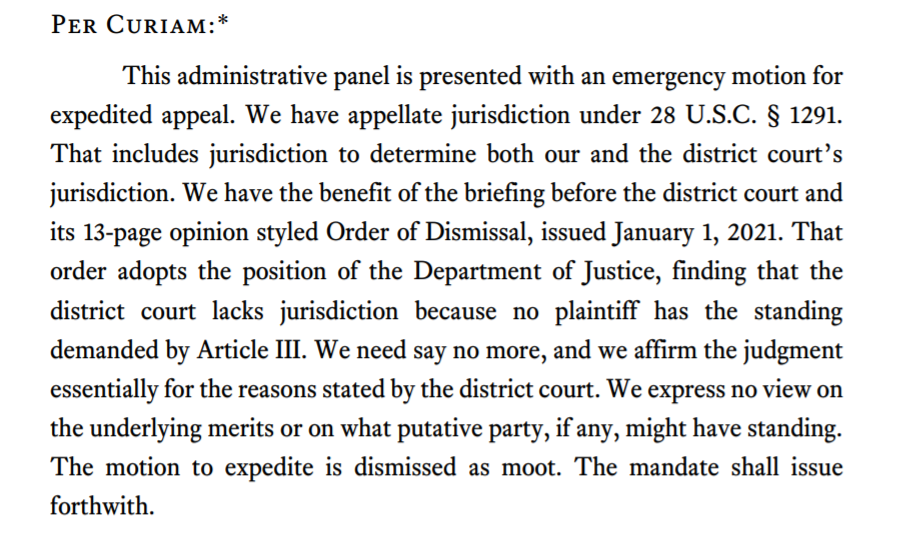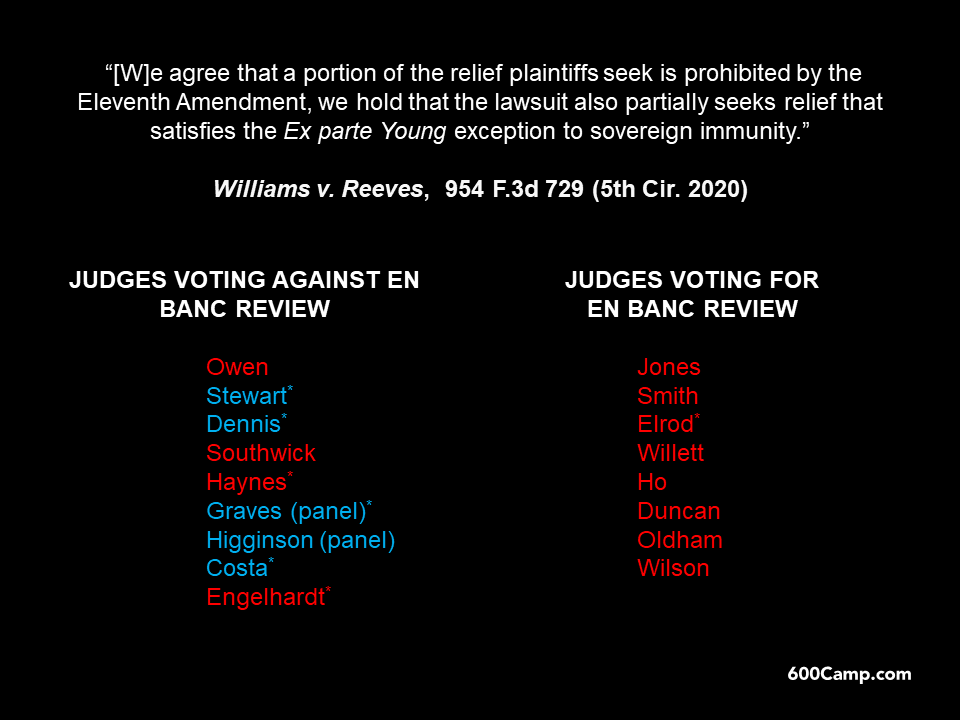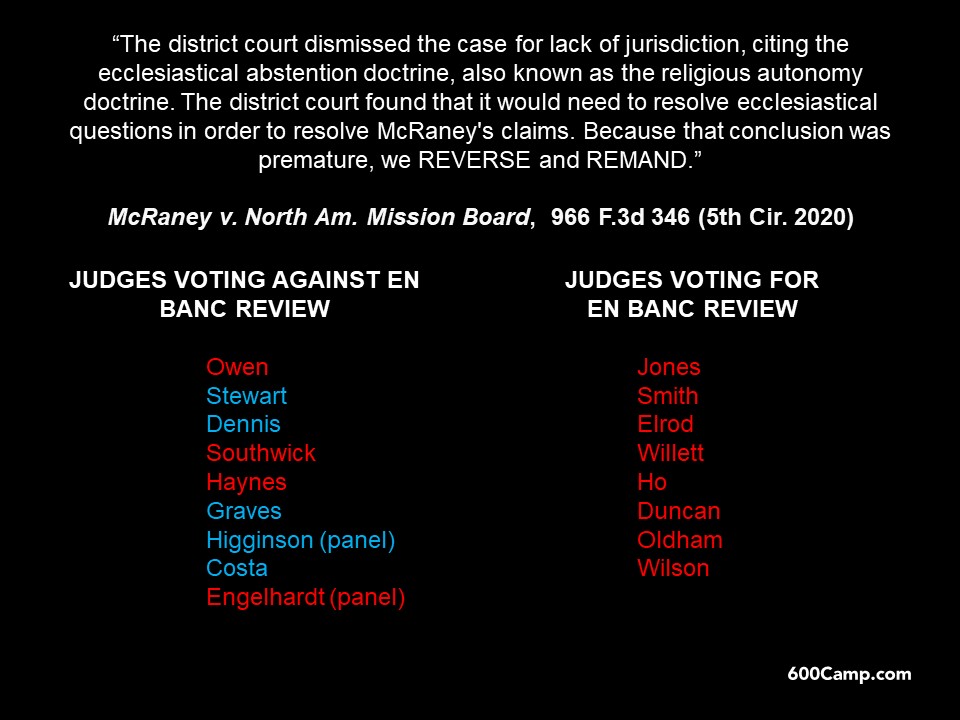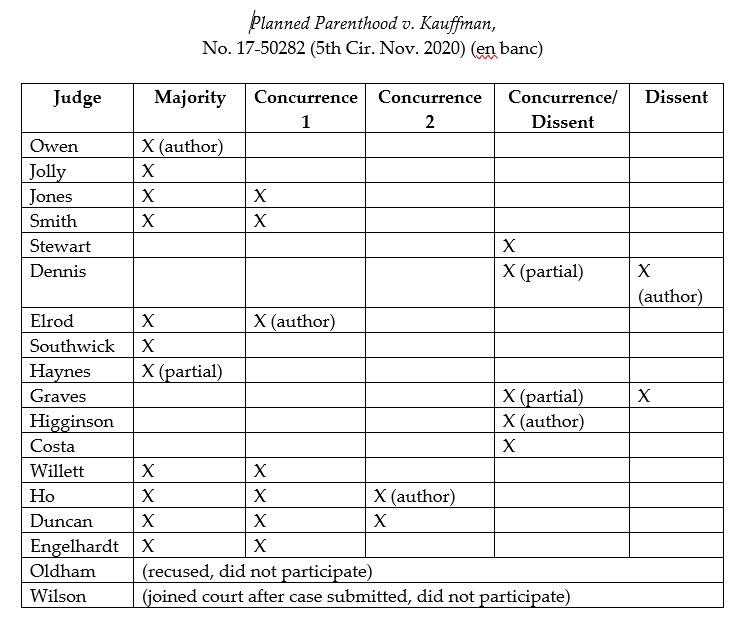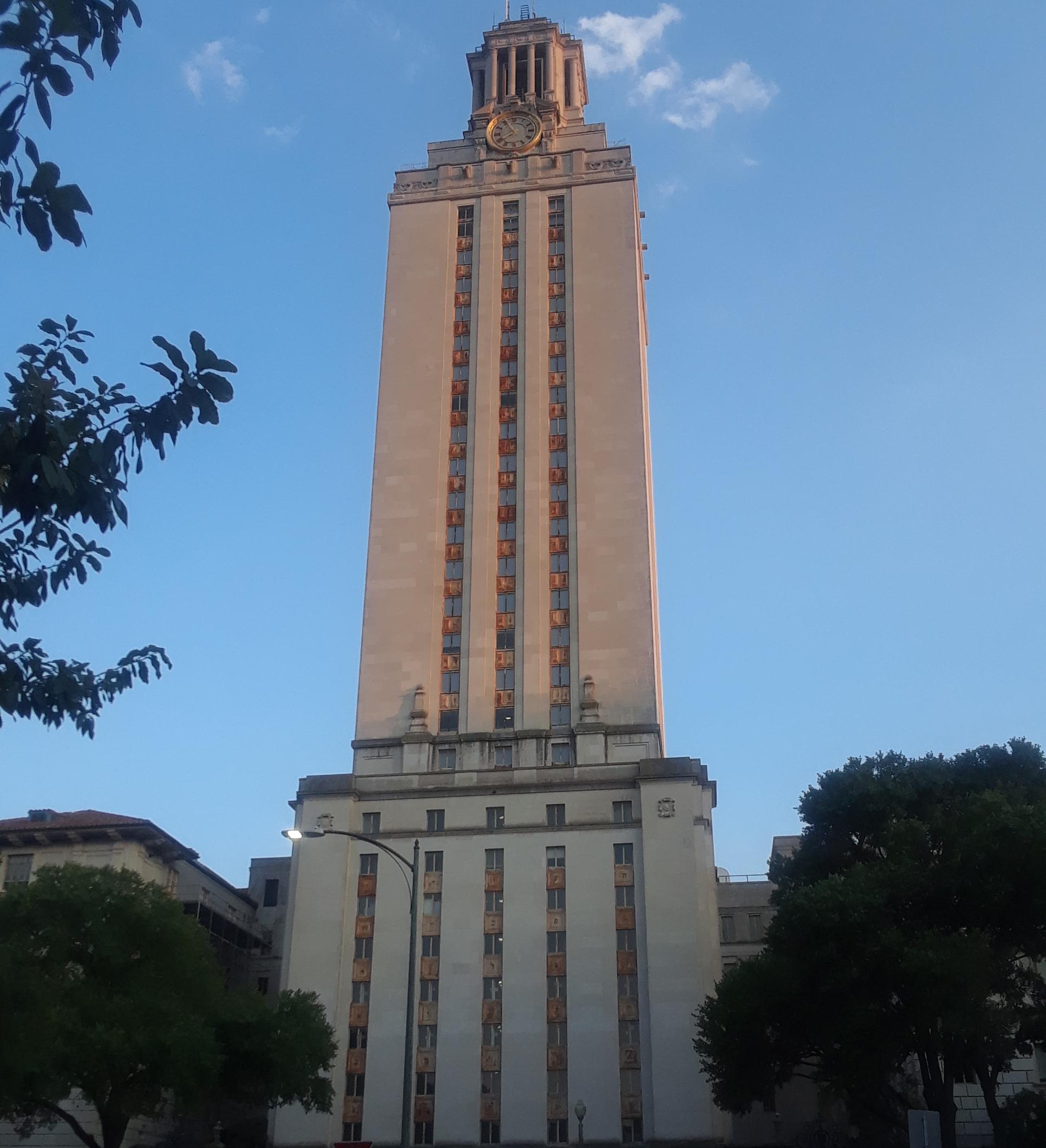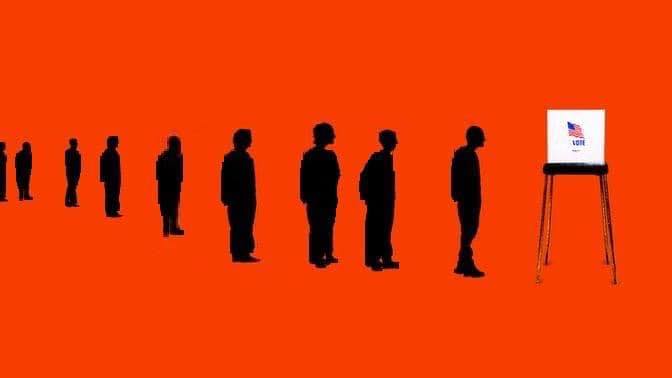Trafigura Trading v. United States featured a dispute about one of the many prohibitions in Article I Section 9 of the Constitution; specifically, clause 5, which says: “No Tax or Duty shall be laid on Articles exported from any State.” An oil company argued that a federally-imposed charge on oil exports, collected to finance the Oil Spill Liability Trust Fund, violated this provision.
 The district court ruled for the oil company and a Fifth Circuit panel affirmed. One judge, drawing heavily from lyrics made famous by “Hamilton,” described the surprisingly colorful history of this provision, and voted to affirm. Another judge voted to affirm but declined to join that opinion. And the third judge dissented. As a result, the other opinion had no quorum supporting it and thus lacked precedential effect. No. 21-20127 (March 24, 2022).
The district court ruled for the oil company and a Fifth Circuit panel affirmed. One judge, drawing heavily from lyrics made famous by “Hamilton,” described the surprisingly colorful history of this provision, and voted to affirm. Another judge voted to affirm but declined to join that opinion. And the third judge dissented. As a result, the other opinion had no quorum supporting it and thus lacked precedential effect. No. 21-20127 (March 24, 2022).
On that broader subject, cf. Sambrano v. United Airlines, No. 21-11159 (Feb. 17, 2022) (Smith, J., dissenting) (sympathizing with “the hapless trial judge or conscientious advocate” that must reason from nonprecedential rulings); see generally Alexander Hamilton, Federalist No. 78 (May 28, 1788) (“To avoid an arbitrary discretion in the courts, it is indispensable that they should be bound down by strict rules and precedents, which serve to define and point out their duty in every particular case that comes before them; and it will readily be conceived from the variety of controversies which grow out of the folly and wickedness of mankind, that the records of those precedents must unavoidably swell to a very considerable bulk, and must demand long and laborious study to acquire a competent knowledge of them.”).
